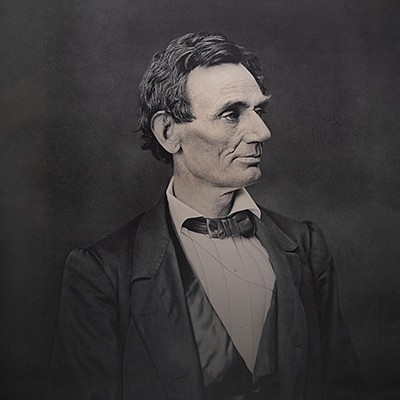Ian Fleming Typed Letter Signed - "James Bond must emulate that exploit"
Two ways to bid:
- Leave a max absentee bid and the platform will bid on your behalf up to your maximum bid during the live auction.
- Bid live during the auction and your bids will be submitted real-time to the auctioneer.
Bid Increments
| Price | Bid Increment |
|---|---|
| $0 | $5 |
| $50 | $10 |
| $200 | $25 |
| $500 | $50 |
About Auction
Feb 14, 2024
RR Auction's February Fine Autographs and Artifacts auction boasts 600 unique items, and honors Presidents' Day with a special section featuring incredible presidential autographs, artifacts, and memorabilia. RR Auction support@rrauction.com
- Lot Description
TLS signed “Yours ever, Ian,” one page, 8 x 10, Kemsley House letterhead, May 2, 1957. Letter to fellow author R. W. Thompson, in full: “What an extraordinary kind thought to have written such a warm and splendid letter. I couldn't have been more pleased, although there is surely a touch of the old Thompson hyperbole in your praise. Anyway it was intoxicating stuff to find on my same old desk in W.C.l. on a dull Thursday morning. I do hope all goes well with you and that being a writer in your own time and not a hireling has proved the right choice. I am sure it was. Your wine is far too new for the aged fiascos of Fleet Street. I shall never forget that bed of roses story about you — in Belgium I think it was — at the end of the war. One day James Bond must emulate that exploit. Again a thousand thanks for the wonderful letter.” Fleming adds the salutation in his own hand: “My dear Tommy.” In very good to fine condition, with a short tear, and paper loss, to the upper right corner.
A particularly warm letter of reply from Fleming, who, true to his word, would revisit “that bed of roses story” in From A View To A Kill, one of five short stories published in the 1960 book For Your Eyes Only. The referenced passages read as follows: ‘...there was a low mound, perhaps a tumulus, covered with brier roses...’ (p. 34), ‘...inside the mound, deep down in the earth, was the most professional spy unit that had ever been devised...a shiver of excitement and anticipation, almost of fear ran down Bond's spine...’ (p. 38), and ‘Instead of the periscope, a rose-stalk aerial would rise up from the bush...deep down under the earth off would go the high-speed cipher’ (p. 40). Fleming letters referencing his iconic James Bond character are especially scarce, with this particular example all the more desirable given its creative connection to a well-known 007 short story.
Reginald William Thompson (1904-1977) was an Army officer, journalist, author, and friend of Ian Fleming. He served in World War II and was promoted to Captain before being transferred to the Intelligence Corps for training. After demobilization, Thompson joined the Kemsley Newspaper Group, attending and reporting on the Nuremberg trials. He traveled extensively as a war correspondent for the Sunday Times. In 1951, Thompson settled in Suffolk to write full-time on military subjects. - Shipping Info
-
Bidder is liable for shipping and handling and providing accurate information as to shipping or delivery locations and arranging for such. RR Auction is unable to combine purchases from other auctions or affiliates into one package for shipping purposes. Lots won will be shipped in a commercially reasonable time after payment in good funds for the merchandise and the shipping fees are received or credit extended, except when third-party shipment occurs. Bidder agrees that service and handling charges related to shipping items which are not pre-paid may be charged to a credit card on file with RR Auction. Successful international Bidders shall provide written shipping instructions, including specified Customs declarations, to RR Auction for any lots to be delivered outside of the United States. NOTE: Declaration value shall be the item’(s) hammer price and RR Auction shall use the correct harmonized code for the lot. Domestic Bidders on lots designated for third-party shipment must designate the common carrier, accept risk of loss, and prepay shipping costs.
-
- Buyer's Premium



 EUR
EUR CAD
CAD AUD
AUD GBP
GBP MXN
MXN HKD
HKD CNY
CNY MYR
MYR SEK
SEK SGD
SGD CHF
CHF THB
THB





